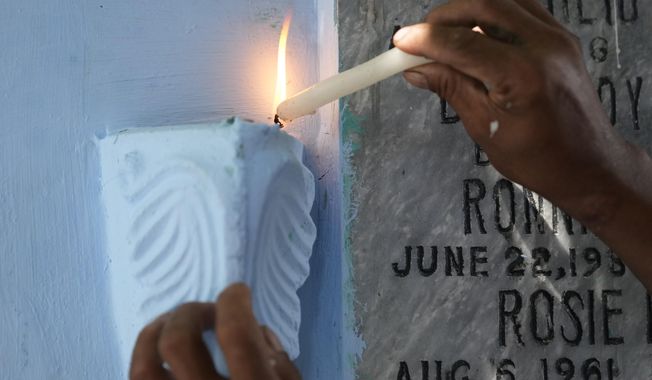
File - A crowd of over 10,000 gather for the opening of the Terror House, a museum dedicated to the horrors of communism and the building where people were interrogated and tortured, Budapest, Hungary, in this Sunday, Feb. 24, 2002 file photo. People spied on by Hungary's communist-era secret police would have the right to destroy their surveillance reports under a government proposal historians say would damage the country's ability to acknowledge its past. Maria Schmidt, director of Budapest's House of Terror museum, said she hoped lawmakers would rethink the plan. "If these files are handed over, facts and connections will be no longer be able to be researched," Schmidt said. (AP Photo/Eileen Kovchok, file)
Featured Photo Galleries


Trump Transition: Here are the people Trump has picked for key positions so far
President-elect Donald Trump has announced a flurry of picks for his incoming administration. Get full coverage of the Trump transition from The Washingon Times.

Trump dances onstage, takes post-election nation by storm
President-elect Trump dances onstage











